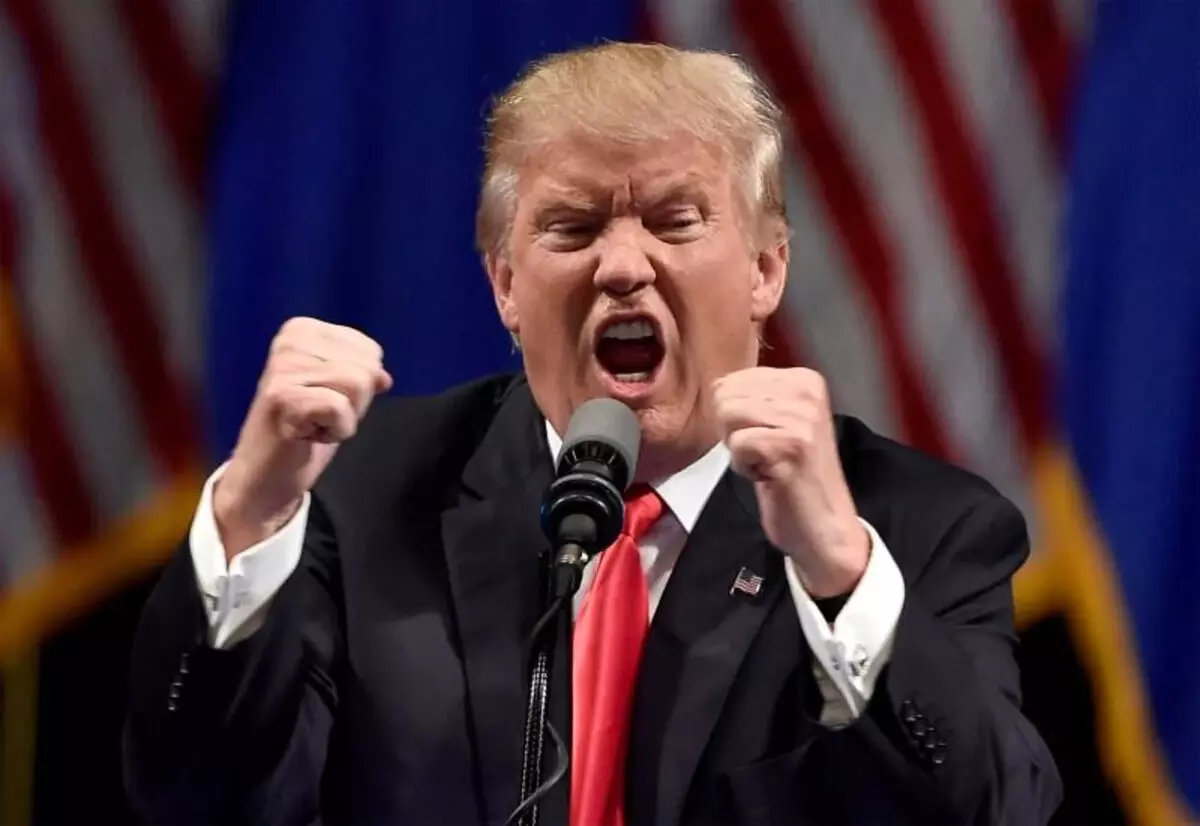Trump’s War Dilemma: From Nuclear Talks to Escalation
Trump can’t end wars. He’s more interested in commercial deals

Seshadri Gupta
When Oman’s foreign affairs minister Badr Albusaidi announced the sixth round of US-Iran nuclear talks in Muscat on 12 June, he would have had an inkling of the events that would follow. Two days later, he declared that the meeting had been called off.The fate of this meeting was always hanging by a thread. US President Donald Trump had announced well before the talks that Iran would not be allowed to have nuclear weapons. At the same time, the US was preparing a hurried evacuation of its embassy in Iraq and had allowed its military dependents to leave locations around the Middle East due to “heightened security risks”.On 13 June, Israel began attacking strategic military locations in Iran, killing top army brass and blowing up several buildings—and with them, Trump’s resolve to stop wars.Far from staying out of the Israel-Iran war, the US has waded deep into it by laying down conditions that are unacceptable not only to Tehran but also to several other regional and middle powers. A nuclear-armed Shia-dominated Iran is certainly not favoured by the Sunni-dominated Arab world, which incidentally is tied in uneasy knots with Israel through the Abraham Accords. However, Arab states, which once considered Israel a potential ally in their contestations against Iran, are now sceptical about US-Israel objectives. Soon after the Israeli attacks, the UAE waived visa fines for overstaying Iranian citizens, and the Gulf states condemned Israel’s unprovoked attack on Iran.The Arab states are well aware of the camaraderie between the US and Israel, and their deep sense of solidarity in combating Iran’s nuclear programme. It is no secret that the two powers jointly seek a regime change in Iran, which will herald the beginning of a new state with a pliant, pro-US head of state in Tehran. Due to the total trust deficit between the US and Iran, war is now Trump’s only path to achieve this objective. On Thursday, however, officials from the two countries are reported to have held a rare telephonic conversation to find a diplomatic solution as Israel’s attacks intensify.Trump had a window of opportunity to continue US-Iran talks and offer a better alternative to war. It is unlikely he was not aware of Israel’s war preparedness. By bringing Iran to the negotiating table in Muscat as scheduled, Trump could have bargained for time and sent a message to Israel about whose decision would prevail on regime change in Tehran.Now, driven to the wall, a desperate Iran may consider attacking US bases and military installations in the region. It may even target American and Israeli personnel anywhere in the world, thereby forcing Washington to respond with deterrence or counterattacks as a security measure. Far from stopping the war, Trump finds himself drawn even deeper into it.Iran may also block the Strait of Hormuz, a lifeline for an energy–starved Europe, already deprived of Russian oil and gas. Since its cyber attack on Saudi Arabia’s oil installations in 2012, Iran has sharpened its capabilities through short and medium-range and surface-to-surface missiles. These can be used to target oil infrastructure platforms, pipelines, commercial vessels, navigation and radar equipment, and ports in the region. Can Trump’s America sit back and leave Europe to its fate in the Gulf, as it tried doing in the Russia-Ukraine conflict?Israel’s objective of dismantling Iran’s nuclear capabilities will be incomplete until the Fordow Fuel Enrichment Plant, spread over 54,000 square feet and buried deep under a mountain near Qom, is totally destroyed. This can be done only by the GBU-57A, a 30,000-pound precision-guided “bunker buster” bomb, mounted on a US B-2 bomber. It is only a matter of time before Israeli Prime Minister Benjamin Netanyahu compels Trump to use the ultimate weapon, which will force Iran to surrender and facilitate a regime change.Such an intervention, which can be authorised only by the President of the United States, will probably please Israel, but not before seriously eroding Trump’s credibility as one who will “end wars”. His resolve to end wars and not get involved in the kind of battles America fought in Vietnam, Iraq, and Afghanistan will evaporate into thin air.Trump’s path to power was paved with promises of ‘making America great again’ and ending wars around the world. In fact, the Russia-Ukraine and Israel-Hamas conflicts were the only major ongoing wars during his campaign.“I’m not going to start a war, I’m going to stop the wars,” Trump said, addressing his supporters immediately after winning the second term.In his first 100 days in power, his focus was on undoing his predecessor’s policies. He wanted to hunt down illegal immigrants and oust them from the US in humiliating handcuffs, streamline federal institutions, and consolidate as many constitutional powers as possible. Recently, the president wondered whether he could appoint himself the head of the Federal Reserve.Trump’s resolve to make America great again implies that it has lost its sheen. Assuming that he is right, the American president should know that the country was great for several reasons. It was ‘a land of opportunities’ and had the ability to keep the dollar powerful as a globally accepted currency for trade settlements. Above all, America was the global superpower that could successfully intervene in conflicts and flashpoints even in a multipolar world, with emerging economies and hegemons contesting its position of eminence.Trump’s priority should be to keep America out of wars rather than make feeble attempts to stop them. As of now, he seems to have failed. A US president who is interested in making commercial deals instead of using the country’s economic, political, and military muscle to prevent global conflicts cannot end wars.


